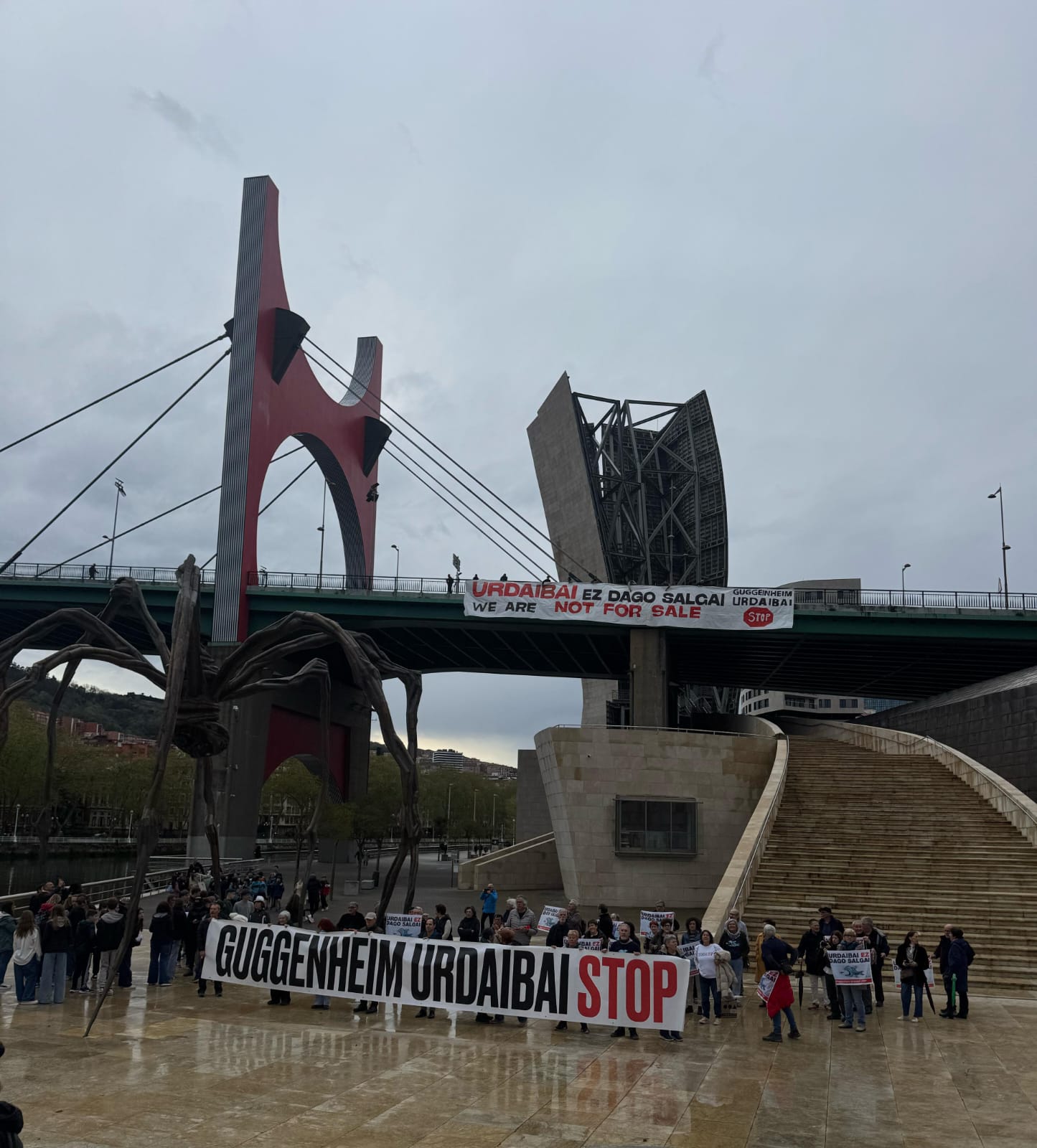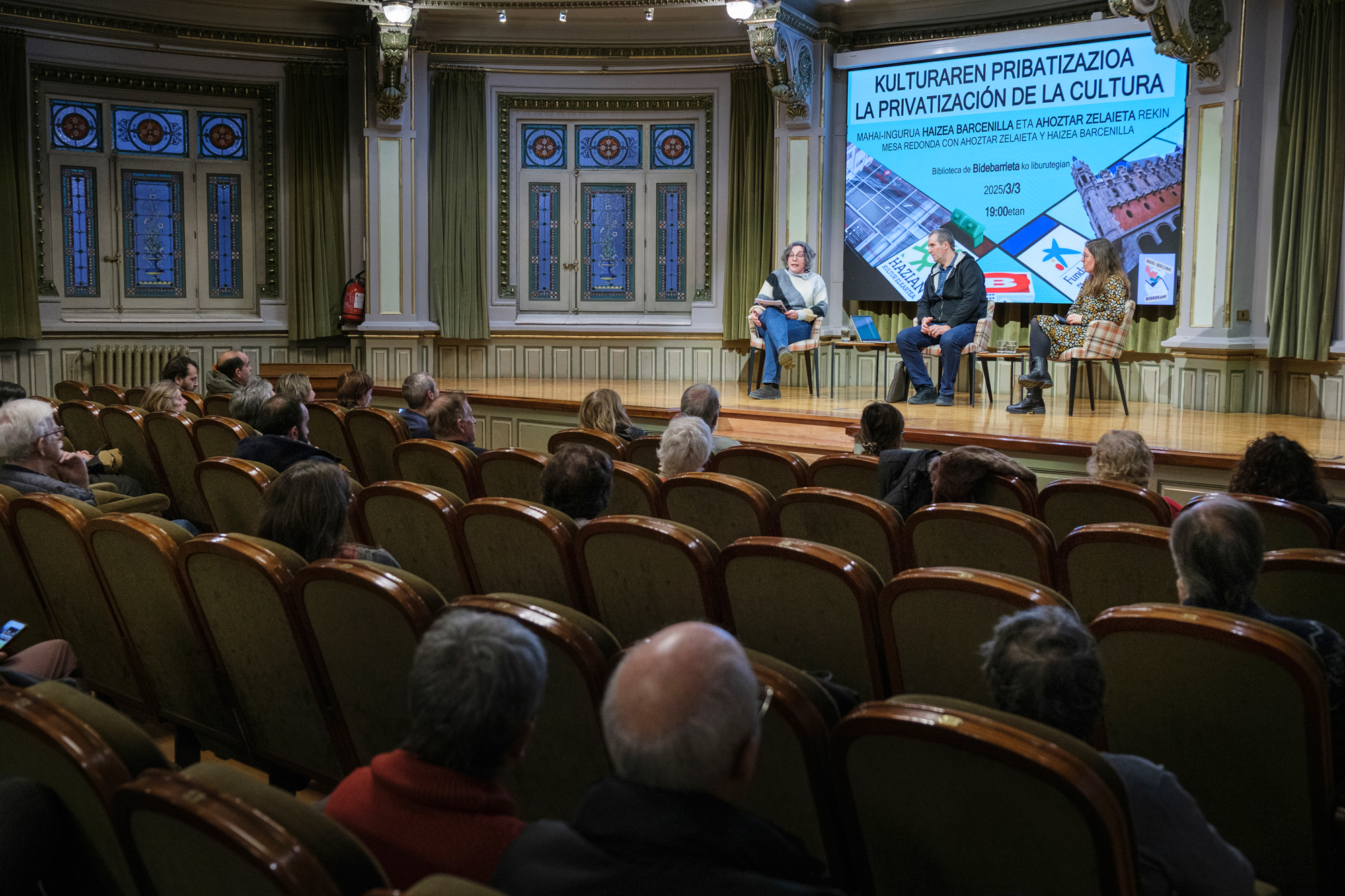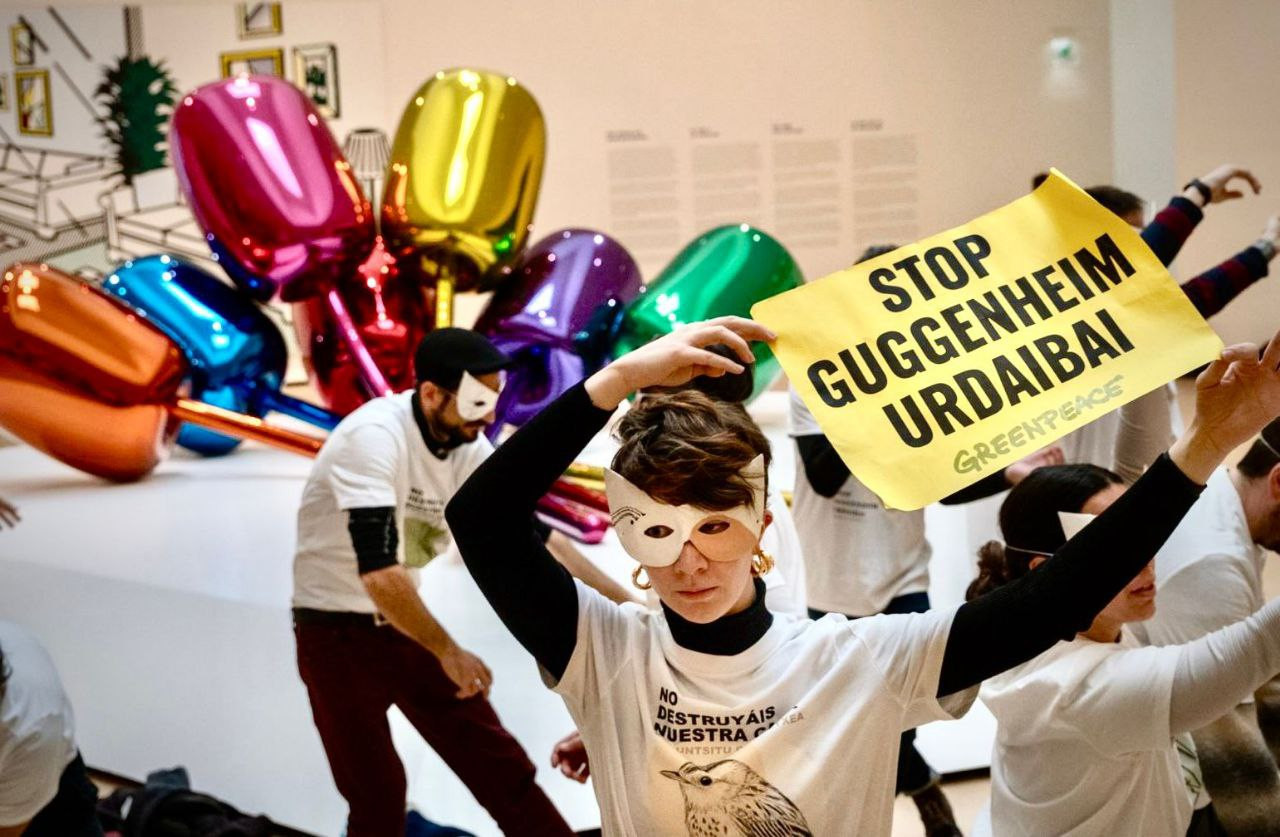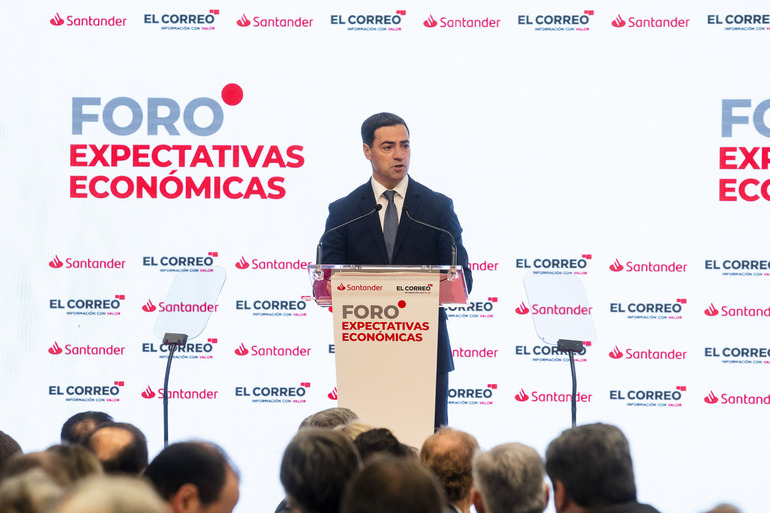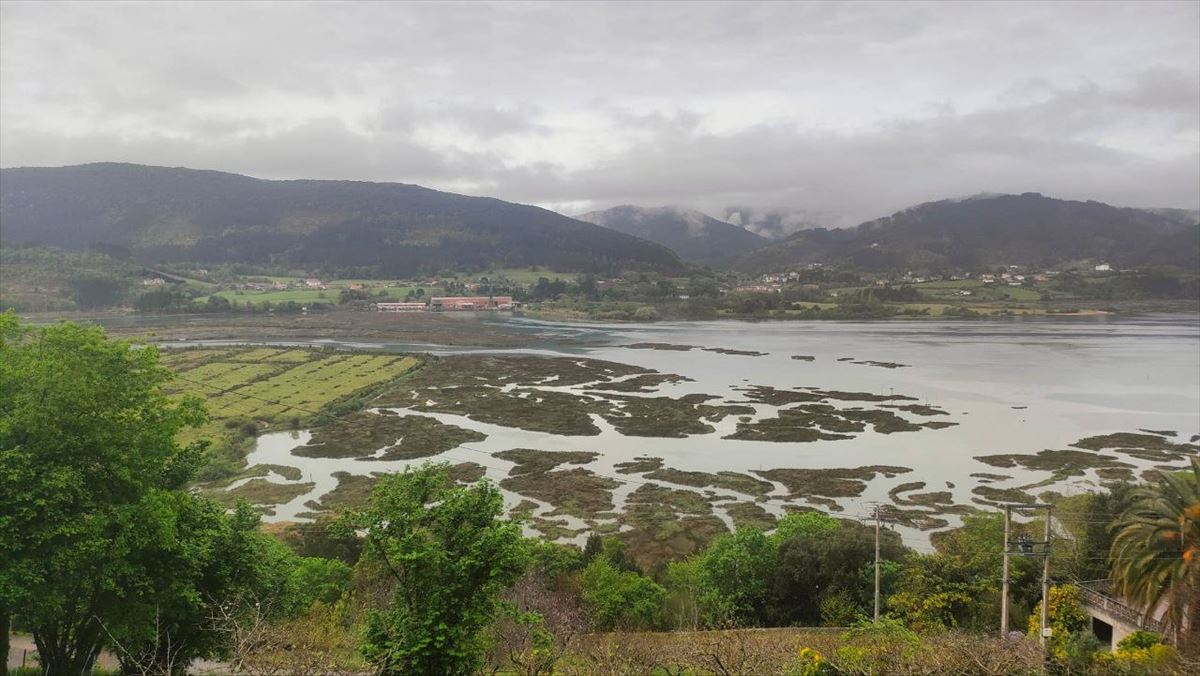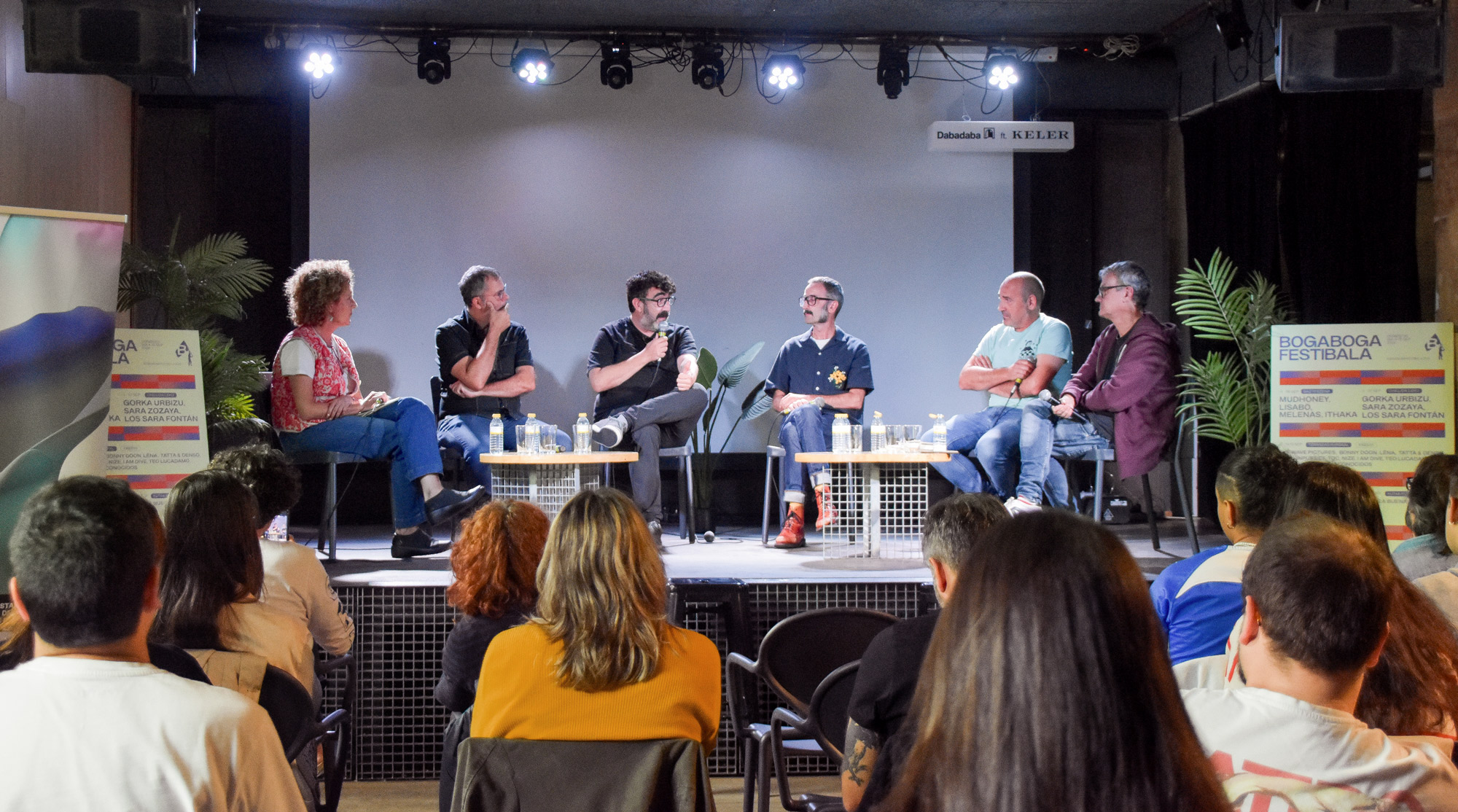How to adapt the rules to the work of artists and cultural workers to make it worthy
- The Spanish Congress of Deputies unanimously approved in 2018 the report of the subcommittee created for the constitution of the Artist’s Statute. The report responds to the demands of decades and is an important starting point. In the South of Euskal Herria, consideration is also being given to measures that better regulate the actions of cultural workers, and an opportunity is being proposed for the necessary changes to be made as soon as possible.

The report on the Artist’s Statute, adopted unanimously at the Spanish Congress of Deputies in 2018, responds to demands of long decades. Indeed, the precarious situation of cultural workers has been noted for decades, further aggravated by crises.
The report calls on the Government of Spain to take urgent action on artistic creation and improvement of the working conditions of artists and cultural workers.
The report contains a number of steps to be taken to regularize and improve the situation of artists as adequately as possible, including those relating to the tax system and social security. The Artist’s Statute is therefore not a law, nor a closed set of laws. It is a roadmap that affects multiple areas and needs to be developed in stages, with complex implementation. However, the broad support of the Spanish Congress of Deputies provided some hope in 2018. Three years later, and trapped by the crisis aggravated by COVID-19, the patience of the cultural workers, who are implementing the measures slowly and usually without consulting them, is running out.
When we talk about artists, in almost all the
reports on Artists there is the question of definition, that is, to whom the report refers, to whom the measures and rules proposed correspond. The measures in the Artist’s Statute report relate specifically to natural persons, to workers and not to companies or associations.
In the field of cultural activity there is a tendency towards the sectorization of workers, companies and associations, including in the same bag agents with different interests. Although some problems are shared and some measures need to be taken by sectors, it is not the same situation for companies as for workers. The report rejects sectorisation and focuses on workers, whether employed or self-employed. However, the report also focuses on works beyond the mere creation of an artist who may be behind the word “creator”, widely spread in recent years, hence its full name: Statute of the Artist, the Creator and the Cultural Worker.
The Artist’s Statute is not a closed law, but a roadmap to be developed
The artistic professions have a series of peculiarities which are considered to be their own and which are weaknesses for those who in the present situation work in this field. The most prominent are the instability and periodicity of work. These peculiarities make it virtually impossible for this action to take place in a dignified manner in accordance with the rules currently in force. This instability makes professionalization almost impossible.
From crisis to
crisis In times of crisis, the precarious conditions of cultural workers become more evident, because the situation that is in principle serious becomes more serious and the solutions more urgent.
Already in 2014, in the shadow of the 2008 crisis, the Guk Segment Kultura platform (GEUK) gathered the contributions of over 300 citizens of the cultural sector at two congresses held in Durango. The contributions were, above all, the result of culture and cultural policy. The Emergency Action Plan was submitted within one year. These measures included the creation of the “Statute of the Creator for the protection of the rights of creators and the regulation of contracts” and the “creation of new headings suitable for creators”.
The platform proposed a number of measures contained in the report on the current Artists’ Statute. These urgent measures were presented to the Basque Observatory of Culture.
.JPG)
the GEUK platform. (Photo: Marisol Ramirez/Argazki Press)
At the end of 2016, the UN parliamentary group Podemos proposed the creation of a subcommittee for the elaboration of the Artist’s Statute in the Committee on Culture of the Congress of Deputies. This report, drawn up by the subcommittee between the years 2017 and 2018, has been attended by various cultural actors, and although since then some of the measures included in the report have been transformed into laws, in general it seems that the matter is rather paralysed.
With the crisis that has accentuated the plague of COVID-19, the issue of working conditions of cultural workers is once again raised. A clear example of this is the Digital Strike, sponsored a year ago, in full closure, by over a thousand individuals and agents of culture. On 21 and 22 April last year they requested that cultural content not be shared on the Internet, that it be discussed, that urgent action be taken and that work be done to create a table that brings together the participants of the ecosystem of Basque culture.
Once again, the precarious situation of artists and cultural workers and the need to give way to it were put on the table.
Report prepared in Madrid Basically, the report makes a diagnosis
of the situation and a series of proposals to solve it. Some proposals are more comprehensive and others need to be worked on. Because the so-called Artist’s Statute is a “basket revolt”, in the words of Eneko Olasagasti. Olasagasti is the organizational secretary of the Euskal Aktore-Batasuna (EAB), and says that the report contains the demands that have been accumulated over the decades, various, some that go beyond the workplace and that need different responses.
For years Olasagasti has been monitoring the subject and says that the proposals in the report can be divided into four large groups. On the one hand, the proposals for measures relating to the tax system. For example, the current income tax return model does not suit the activity of artists and cultural workers. More than a year is elapsed for the work to be done in a single financial year, for example. It is therefore proposed that the deadlines should be longer and with annual averages. The Basque Government is competent to take these measures.
Responsibility for some of the measures in the report drawn up in Madrid lies with the Basque Government.
On the other hand, these could be social security issues, still within the competence of the Government of Spain. Among them, the solution to the instability of contribution quotas. The pandemic has heightened the seriousness, but the situation is also unstable with normal practice: they can only be quoted on specific days in which they work, such as musicians, actors and bertsolaris. The aim would be to be protected even when there is no work, as permitted by the Intermittent Entertainment Regime in force in the French State.
Thirdly, there are issues relating to career transition. The professional transition serves to extend to professionals with experience and training without qualifications other areas of work, especially those related to teaching, as it allows the acquisition of titles through an habilitation. This is an educational and occupational issue, managed and established by the Spanish National Institute of Qualifications (INCUAL), but also Lanbide could draw up a programme for this, although the final approval comes from Madrid.
Finally, there is the trade union branch, which collects issues that would allow artists’ and cultural workers’ unions to have the same legitimacy as other unions. And that is that the unions that bring together artists and cultural workers have no legal representation before the institutions. By way of example, the Basque Actors Union has been negotiating a theatrical pact with theatrical companies for a long time, and they seem to be getting it, but when it comes to setting up the legal table of the ELA, LAB, CCOO and UGT have had to participate in the negotiating table, even though EAB has over 450 participants.
The subject of the artist’s statute is also closely followed by Marta C. Dehesas. Illustrator and photographer, but also lawyer specialized in cultural advice. Among other things, he appeared in Madrid before the subcommittee on the Artist's Statute to make his contribution. It considers that the most important thing is that all parties in the Congress of Deputies have approved what it says in the introduction, because it recognizes the situation of artists and cultural workers and the importance of their work, and lays the foundations for a solution.

For Dehesa, however, the measures have not been developed seriously. Although some of the one-off changes set out were already approved in the roadmap, many of them are mentioned only superficially, and some are ambiguous, and some even contradict. Dehesa says that this agenda must be worked out, some aspects of the Spanish Government, but others, for example, of the Basque Government. Dehesa is also critical of standards and action. So far, the measures have been approved by decree and not through debates in any congress, and maintaining the relationship with the agents.
At the moment only 5% of the measures proposed in the report on the Artist’s Statute have been implemented, according to Dehesa. It considers it essential to change the legislative framework and to consider culture as an economic sector. According to the data, culture accounts for approximately 5% of Gross Domestic Product, excluding much of what is covert work.
Among the measures to be taken, Dehesa sees a need for a mapping of cultural workers in order to know who is actually working in this sector and plan its implementation based on them.
The artist’s Basque Statute
ended the Confinement and the elections to the Basque Parliament were held in July last year. The issue of the Artist’s Statute was also present in the elections. Because one of the objectives of EH Bildu's political program was the development of the Basque Statute of the Artist, of the Creator and of the Cultural Worker. Also, Bingen Zupiria, who held the post of Cultural Advisor in the newly constituted Government, pointed out that the Artist’s Statute would be one of the objectives of the legislature, on the road to deepening the professionalization of cultural workers.
Indeed, although some sections of the roadmap adopted in the Spanish Congress of Deputies fall within the competence of the Spanish Government, others fall within the competence of the Basque Government and the Government of Navarra, as is the case with the tax system. In this respect, we must discuss and work. But, in addition, as Mr Josu Estarrona stressed in the debate of the Basque Parliament on 25 March, “the State Statute does not take into account the nature and characteristics of Basque and Basque culture”.
The GEUK platform created in 2014 called for the creation of the founder’s statute
In January EH Bildu presented in the Basque Parliament a non-legislative proposal for the creation of a paper on the Basque Statute for the Artist, the Creator and the Cultural Worker. Should the proposal prosper, they would receive and supplement the contributions of experts and ex-experts a presentation on which they would discuss the constitution of the Basque Statute of the Artist. However, in the debate on 25 March this proposal was rejected with votes against the PNV and the PSE. Therefore, only what comes from the government will be discussed in the Basque Parliament.
The following day, on 26 March, the Committee on Culture and Sport of the Parliament of Navarra unanimously approved the agreement to create a report to “define and agree on measures to dignify, stabilize, increase and guarantee the future of cultural activity in Navarre”. The main objective of the report will be to complete the Statute of the Artist of Navarra in consultation with the agents of the sector.
The refusal of the PNV
and the PSE to set up a report on the Artist’s Statute in the Basque Parliament has led to an anger among cultural workers. The Tekniker trade union, which represents the staff of shows, events and performing arts, denounced on social networks that the Department of Culture was playing with the lives of cultural workers, emphasizing that the Government is demanding in its lines the “professionalization of Basque culture”, although in practice it does not take steps to do so. The declarations of the beginning of the legislature of Bingen Zupiria and the renunciation of the presentation of the Basque Statute of the Artist occur in an image disseminated on social networks, in another figure the union makes several complaints. Among other things, the message says that in 41 years the regularisation of the sector has been inadequate and that the sector is currently declining and without work, and that the aid granted by the Basque Government has not been agreed with the agents and, consequently, has failed.
Bingen Zupiria noted that the Artist’s Statute was one of the objectives of the legislature
The Department of Culture recently announced the pandemic aid for cultural workers and small businesses. Only EUR 845,000 was allocated out of the EUR 4.5 million aid package. The criteria and conditions for access to aid made it difficult for cultural workers to access the necessary aid. Estarrona denounced in Parliament that the failure of the aid was precisely due to the lack of consultation of the Basque Government with the cultural players, and called for the same action not to be taken on the issue of the Artist’s Statute.
Eneko Olasagasti has also been angry with those who voted against the report in the Basque Parliament. In the union they do not understand why the beginning of the constitution of the Basque Statute of the Artist, the Creator and the Cultural Worker has not been approved. He comments that in the meetings held with the Department of Culture of the Basque Government the issue of the Artist’s Statute has been raised, and that, for example, a law firm has already been informed by the Department of Culture about the implementation of measures relating to the tax system in the CAPV. This would be one of the next steps for the implementation in the CAPV of the roadmap approved in the Congress of Deputies. Olasagasti says they are “stone” because the door has been closed to explore the Artist’s Statute with the agents. They transfer their anger to the Department of Culture and ask for a meeting on the subject: “Let them hear well that we’re angry.”
Dehesa followed the parliamentary debate with a bitter feeling. It underlines the need for transparency in the process, and that the issue was dealt with from a political rather than cultural and technical point of view.
Looking to the future, in
the case of the CAPV, the ball is therefore in the hands of governments. As far as the Foral Community of Navarre is concerned, we will have to see what the way forward will be for the parliamentary rapporteurs. However, the measures necessary for cultural workers to be able to work and live in a more dignified way are still urgent and essential. The agents continue to demand that they listen to their voices, and in a very diverse sector unions such as the UTE and the Technicians are taking hold. However, they need work spaces between themselves and with the institutions so that the measures to be taken in the future are really effective and appropriate, not taking into account the reality of cultural workers.

Protesting spectacle staff
Last summer, show workers began to go out in the street. The technicians presented the union and reported on its serious situation. In fact, the closure of the halls and the total paralysis of public events seriously impacted the spectacle technicians.
Due to the nature of their work, their employment situation is in part similar to that of other artists.
They require, inter alia, the regularisation of the direct suspensions sector, which, in the absence of a differentiated regulatory regime, are in a situation of invisibility.
Among those who perform the same work are workers in very different situations, some of them as self-employed persons, others as permanent or temporary employees, workers or service workers. Furthermore, they denounced that the aid granted by the Basque Government was not sufficient.
Along with the sector,
the Red Alert initiative was launched in November, bringing together workers, companies, associations and entertainment and event groups. The Red Alert has as its primary mission to increase the visibility of the sector to organizations and to encourage action to address an aggravated unstable situation during the pandemic.
Among other things, efforts are being made to request that municipalities organize and promote public cultural activities, and in discussions with Governments on the situation in their sector.
Lantegia espazioa, Esperantza liburutegia, Arte Ederren Museoko eta Euskal Museoko lanak, Urdaibaiko Guggenheim proiektua... Ugari dira Bilbon eta Bizkaian kulturaren ikuspegi utilitarista eta pribatizazioa agerian uzten dituzten adibideak. Alde Zaharreko haur eta gazteentzako... [+]
In 2021 we began to hear the first echoes of the Guggenheim Urdaibai project. The then General Manager Unai Rementeria told us that it would be done yes or yes. To reinforce his claims, he left 40 million euros “shielded” by the time the museums were built. There it is!... [+]
We have known Aitor Bedia Hans, a singer of the Añube group for a long time. At that time we were reconciled with BEÑAT González, former guitarist of the Añube group. It was at the university time, when the two young people of Debagoiena came to Bilbao to study with music in... [+]
Two years ago Urdaibai Guggenheim Stop! Since the creation of the popular platform, Urdaibai is not for sale! We hear the chorus everywhere. On 19 October we met thousands of people in Gernika to reject this project and, in my opinion, there are three main reasons for opposing... [+]
With this article, the BDS movement wants to make a public boycott of the event to be held on 24 September at the Guggenheim in Bilbao. In it, they will have the presence of the renowned Zionist artist, Noa, who will present his last record work.
When, in the context of the... [+]











